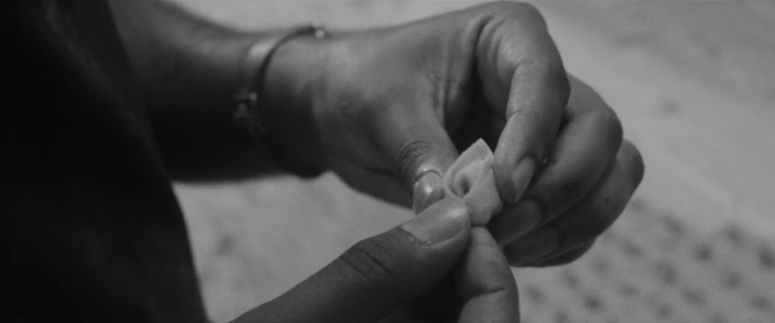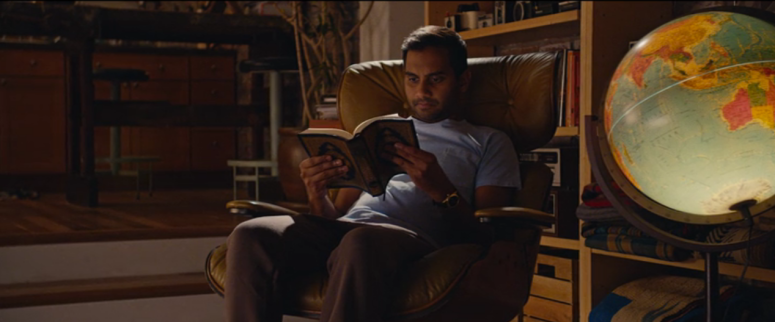My close friends are probably sick of hearing me say this, but I’ll say it again for the people who haven’t heard it yet: “If you haven’t watched Master of None yet, you really should.”
Before you protest, let me explain.
First, if you’re going to complain about having too many TV shows to watch — Master of None only has 10 episodes per season, and each episode is only 30 minutes. One episode in season two is an hour, but that’s the sole exception. Compared to most other TV shows that have about 20, 45-minute episodes per season, Master of None is a very doable time commitment.
(Also, I’m not usually a TV person, so the fact that I’m even suggesting people watch a TV show is a big deal. There are also gratuitous shots of freshly made pasta to devour.)

Second, I’m fairly certain Aziz Ansari (and Alan Yang) would have created this show as it currently stands, regardless of the contemporary social and political climate. However, given the way things are today, this show has become even more important.
In my corner of the social media universe, I’ve seen increasingly more people interact, share, and talk about subjects relating to politics and social justice. Many of my friends are current or former UC Berkeley students, so yes, some of them did already have a stronger political bent than your average person.
But even among this Cal community, as well as outside of it, I’ve seen an increase in the number of people who are actually caring about politics. These subjects are now mentioned in weekend brunch conversations and late night Messenger check-ins, generally when people are trying to de-stress and avoid heated discussions.
One theme that has come up regularly in these conversations is, “What can I do?”

The most noticeable action of protesting isn’t always well-received or effective. Many people haven’t ever contacted their local representative, so they’re intimidated by it, and others maybe think it’s an ineffective way of getting their voice heard, so they don’t do it. (Actually, it’s effective.)
For people who are just beginning to enter the political space — myself included — it can be hard to figure out how you can make a notable difference in such a large space.
Master of None showcases precisely what one ordinary person can do in their daily life to be a part of a larger change.
This TV show that was originally marketed as a present-day comedy about “real life” dives into topics like privilege, coming out, religion, and sexual assault:
Ansari explores his personal relationship with his Muslim upbringing and his parents. Lena Waithe recounts how she came out to her family. Ansari’s character very casually, but firmly tells his romantic interest that he takes offense at being labeled a “curry person,” and there’s even a sizable fraction of an episode that features characters who are deaf or hard of hearing.

Master of None makes it seem simple, commonplace, and everyday to discuss and engage in the traits that make us unique — the same traits that have also caused individuals and groups of people to be unjustly targeted and marginalized.
Ansari, Yang, and their team of writers have presented us a model of how we can learn about each others’ differences in a respectful way. They’ve begun a dialogue for us by baldly presenting us with their own personal experiences and created a space that we can enter and engage in for ourselves.
As a person who has attempted to engage some of her friends in conversations where I could tell they didn’t understand my position, simply knowing that I had their support and a space to share my experience would have made me feel a little less unimportant.
I know, some people might come back at me with the counterargument that the mere existence of this space and this dialogue isn’t enough.
I’m not at all saying that this is “enough,” but I do think it’s a very effective place to start.
